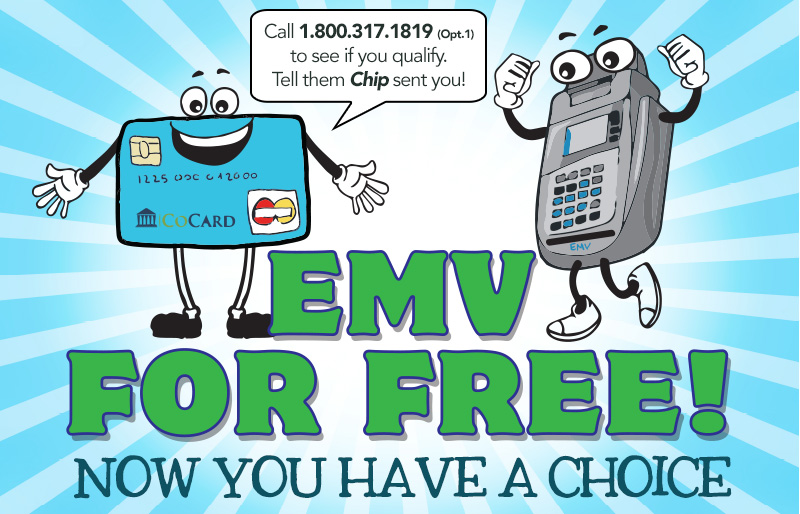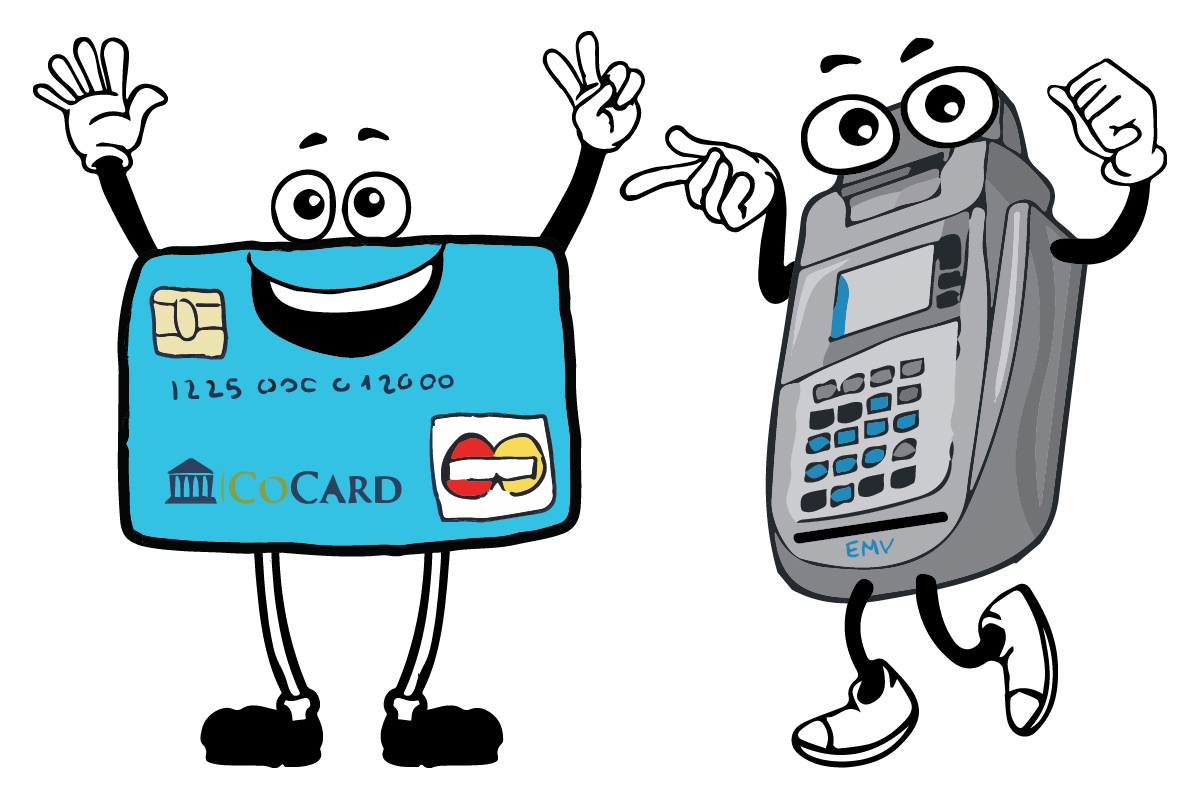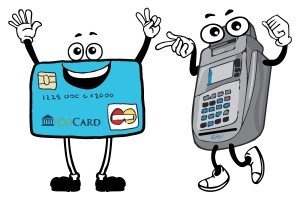6 Ways Accepting Credit Cards Can Benefit Your Business
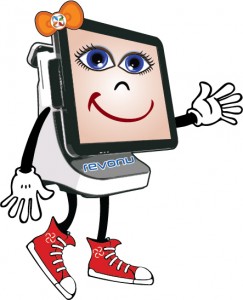
Are you wondering about the benefits of accepting credit cards for your business? Cash and check are acceptable forms of payment, but accepting credit cards adds the extra touch of legitimacy to your company. Take a look at the ways in which accepting credit cards can help your business.
- Accepting credit cards creates trust. When a potential customer sees logos of credit cards that your business accepts on an applique on your door, or noted on your website, your business becomes more legitimate because your business accepts trusted brands which are major forms of payment. The more that your business it trusted, the more likely someone is to buy from you.
- You will increase sales. Simply put, accepting credit cards will allow you to make more money because it’s one more form of payment that people are able to use to make a purchase. What business doesn’t want to increase sales?
- Credit cards offer convenience. Not everyone carries cash, and writing checks is fast becoming obsolete. However, most everyone has a credit or debit card. It is a form of payment that is carried by many people, and accepting it allows a person to make a purchase without the hassle of having to worry about using either cash or check.
- People are more willing to make a purchase with a credit card. People are more willing to buy on impulse using a credit card because of the amount of money on the line of credit.
- You can grow your business to include online sales. Online purchases generally require a credit or debit card to make a purchase. Accepting credit cards will allow you to conduct business online and, as #2 suggests, increase sales in the process.
- Payment snafus are eliminated. The beauty of a credit card is that it is declined immediately, so you don’t have to worry about your business losing money to a bounced check.
These are just a few ways in which accepting credit cards can make your business more profitable, and really, who doesn’t want that? Give COCARD a call today, we would love to help you find the perfect processing solution for your business! For more information about credit card processing, point of sale solutions and more call 1-800-317-1819 or email at info@cocard.info.
Read MoreRead More


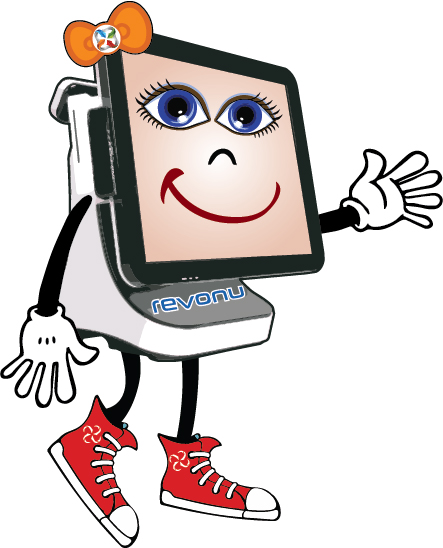
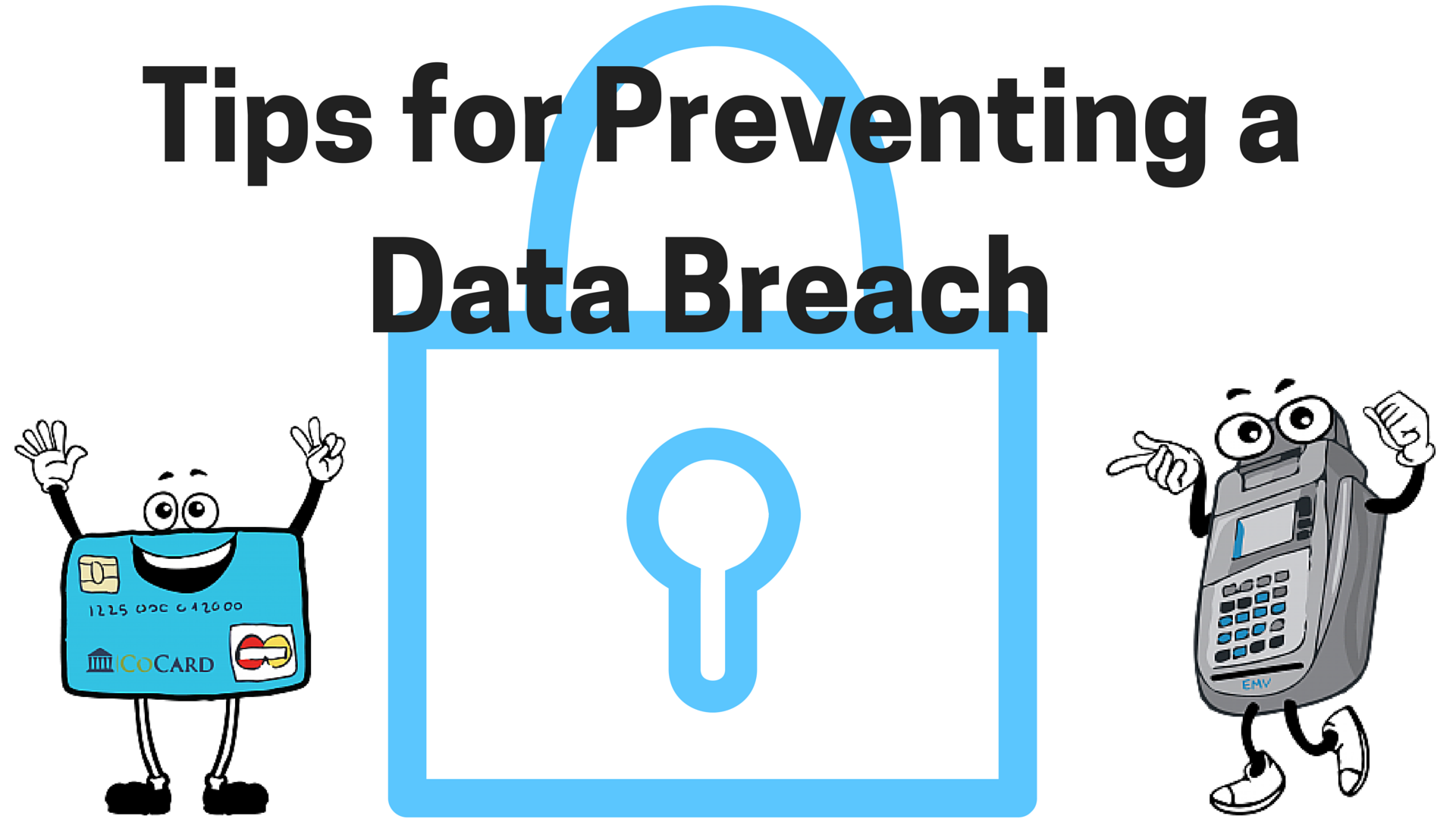
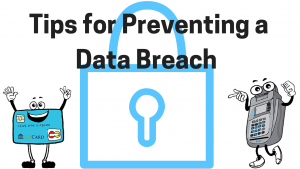


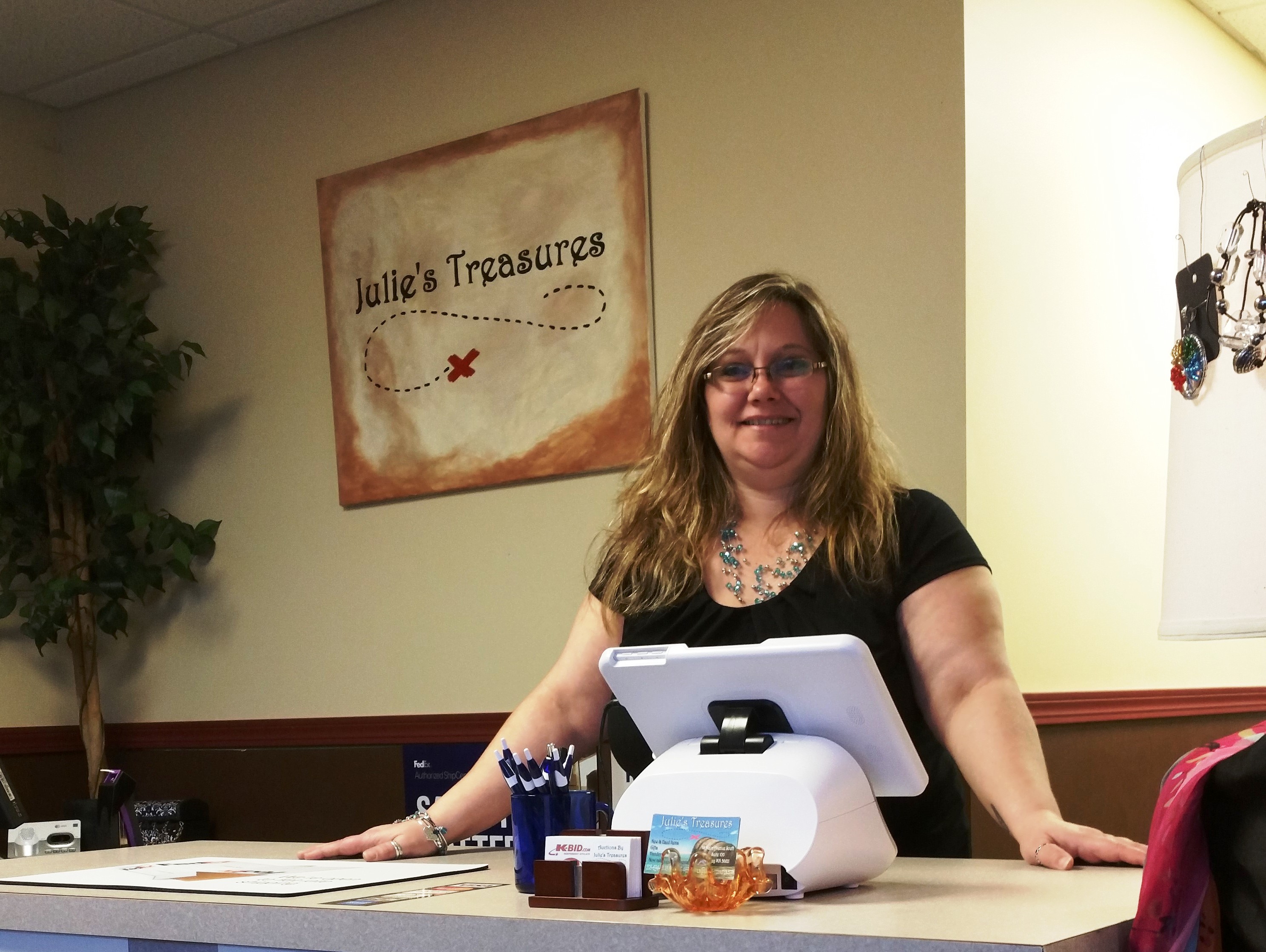
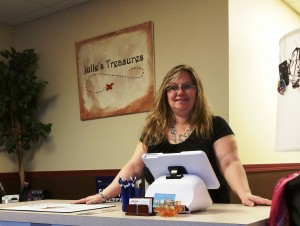
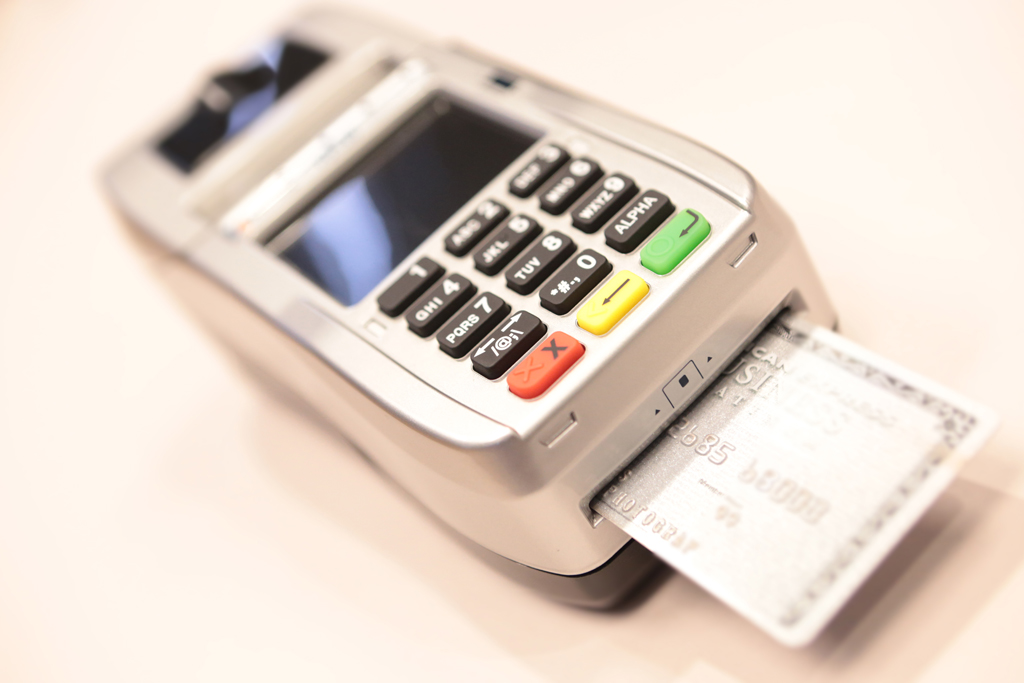
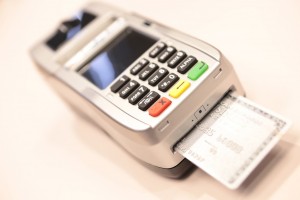 With the liability shift here, we know that you’ve already got a lot on your plate. So we’re going to just take it easy and go over a few terms you may have already seen or will see as you continue to learn about EMV. This list can serve as a simple pocket reference during the transition. Print it out even, and refer to it as needed when reading your next article or blog post about EMV. We want the transition to be worry-free.
With the liability shift here, we know that you’ve already got a lot on your plate. So we’re going to just take it easy and go over a few terms you may have already seen or will see as you continue to learn about EMV. This list can serve as a simple pocket reference during the transition. Print it out even, and refer to it as needed when reading your next article or blog post about EMV. We want the transition to be worry-free.